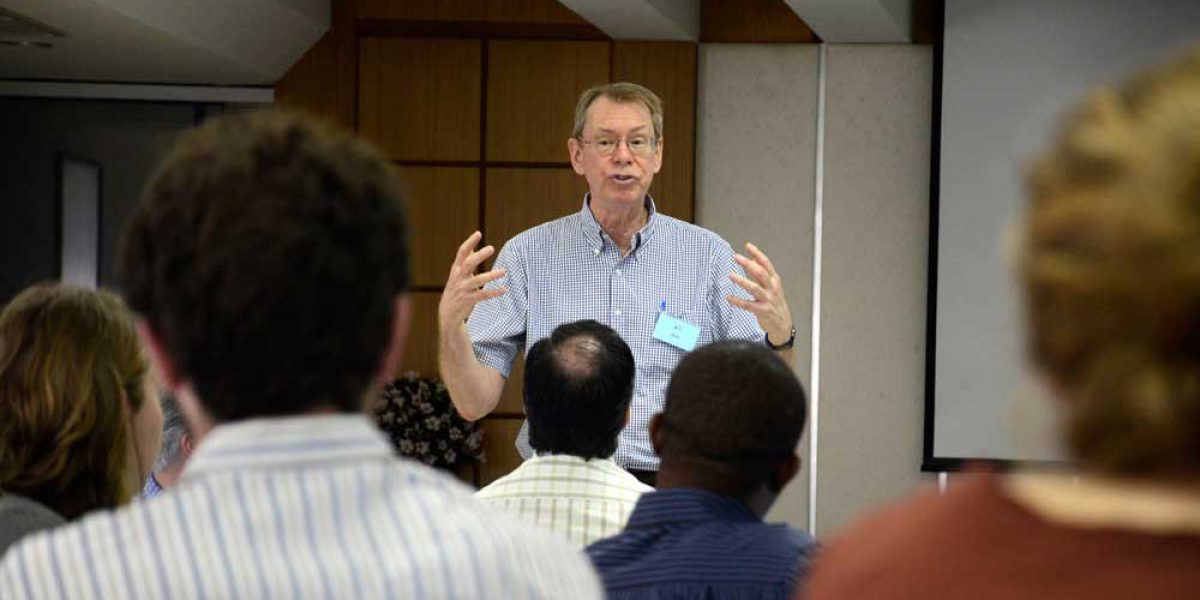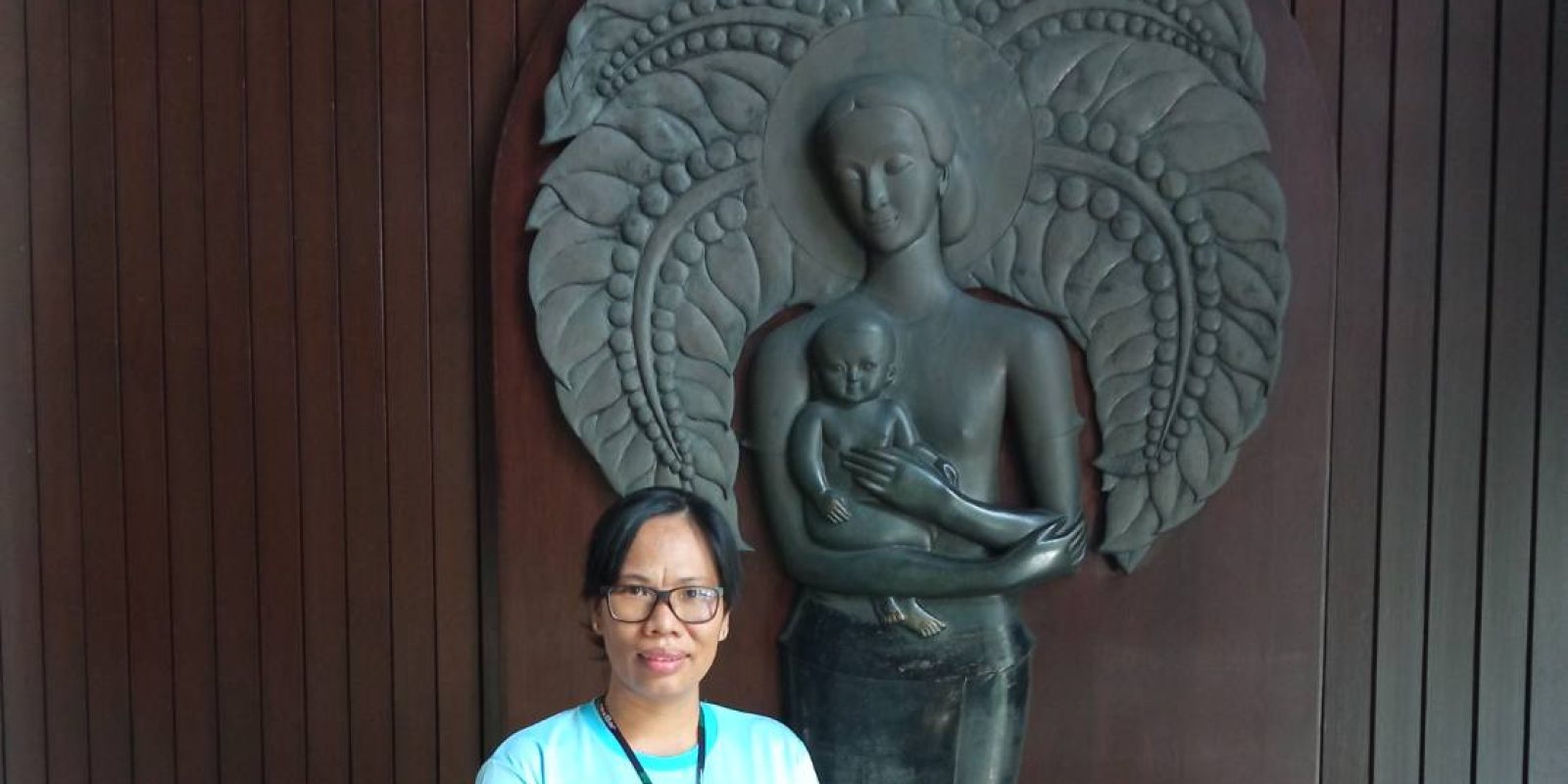International: JRS defines global approach to urban refugees
30 March 2012

Bangkok, 30 March 2012 – To Berlin, Bogotá, Bangkok – UN statistics show that most refugees around the world are going to cities. But do they all face similar obstacles in their new host cities? Are there common approaches JRS can take to serve refugees living in urban areas? At a global consultation meeting held in Bangkok between 19 to 23 March, JRS staff from more than 25 countries gave a qualified yes to these questions.
After four days of intense discussion and debate, quality, participation and learning emerged as the guiding principles for JRS work with refugees in urban areas.
Staff identified six priority areas for interventions in urban settings: access to services, psychosocial and mental health, education, material and basic needs, and legal issues, protection and rights. Guiding principles of intervention and steps to be considered when implementing projects in each area were also developed.
Highlighted as a global priority in its 2012-2015 Strategic Framework, JRS has long recognised that serving urban refugee populations as a major challenge. Isolation, restrictive and inadequate government policies and resource constraints all take on increased significance in urban settings.
“The enhanced commitment of JRS to quality programming in urban areas may surprise some people. Let me be clear, we strive for quality everywhere. But it’s so much more complex to work in urban areas. In camps, we mainly work in clusters other agencies all learning from each other. Refugees are registered with the UN refugee agency, so it’s easier to identify the most vulnerable”, said JRS Assistant International Director, Ken Gavin SJ.
“Refugees become invisible in cities, and similar sized programmes cost up to 17 times more in urban areas, without any guarantee we’re reaching the most vulnerable. We’re trying to help refugees to access the public services of states which often do very little to serve their own populations. And businesses run by refugees operate in much more complicated environments. This’s why issues related to quality, participation and learning are so much more pertinent”, added Fr Gavin.
Crucial areas of people’s lives
In surveys conducted with staff, many of whom have worked for years with urban refugees, these six cover the priority areas of people’s lives. Nevertheless, staff made it clear that this should not exclude JRS involvement in others. Operating in more than 50 countries worldwide it is impossible to be so prescriptive.
During the consultation, staff considered the guiding principles for each area of intervention and the practical steps to be taken before programmes are initiated. For instance, while seeking to avoid the duplication of existing services, JRS should empower refugees to access these services with further assistance. Practically, staff need to ensure they are aware of the existing services in their cities and the needs of refugees they are serving.
In taking the process forward the JRS International Office plans to establish an interim task-force comprising senior staff throughout the organisation to identify strategies for the implementation and evaluation of the guiding principles and practical implementation steps. Moreover, JRS International will establish an internal forum to encourage discussion and debate throughout the wider organisation, as well as the sharing of best practice.



